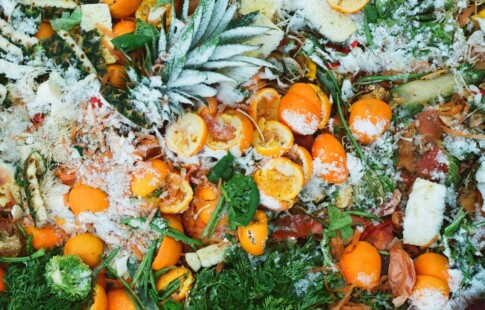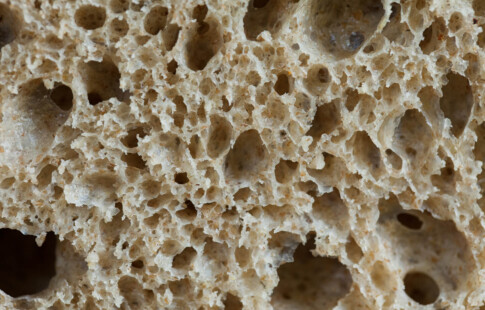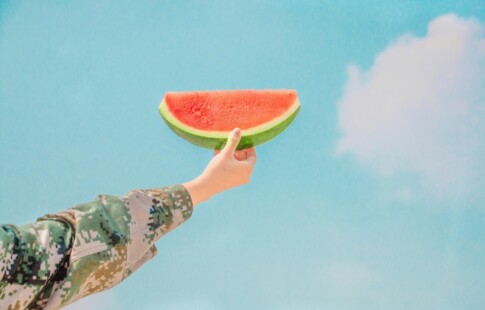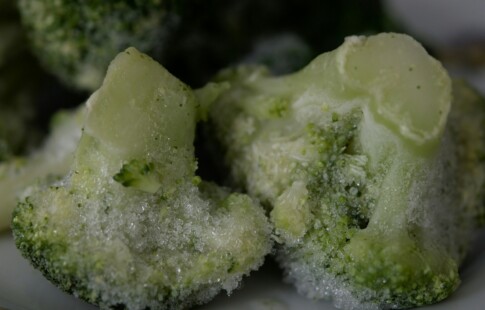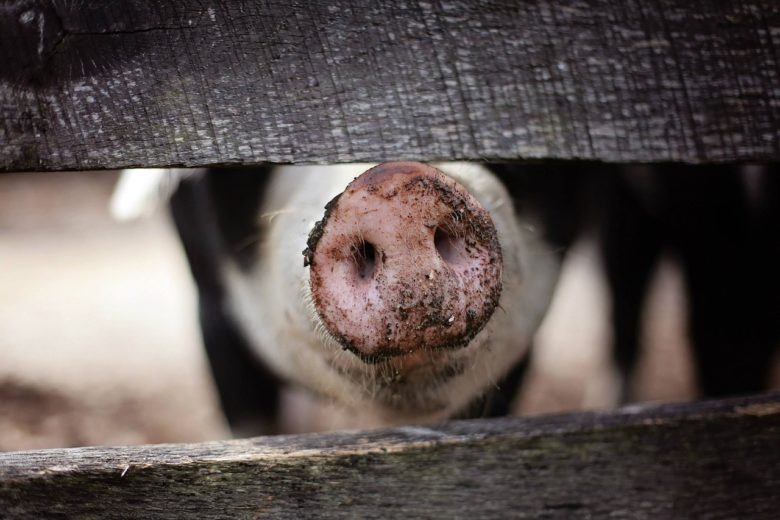
How to Avoid Excess Animal Farming Pollution on Your Homestead
We are reader-supported. When you buy through links on our site, we may earn affiliate commission.
Many farming techniques has been wreaking havoc on the environment. Animal farming pollution is a major contributor to greenhouse gases. Not only are they damaging land, contributing to greenhouse gas emissions and polluting our water sources, but they’re also participating in the maltreatment of livestock. Because of this, animal rights activist and environmentally conscious people have been trying to take on the corporate food producers with none other than homestead farming.
Individuals with access to farmland have taken on small amounts of livestock to raise and then eat. These new-age farmers are working hard to give these animals a good life while still maintain their need for meat and dairy. City dwellers have taken to green spaces in densely populated areas and are inventing creative ways to grow fruits and vegetables, with inventions like vertical and rooftop gardens.
Are you interested in running a self-sustaining homestead farm? Here are some ways you can be sure that you’re taking care of the Earth!
Regenerative Farming to Reduce Pollution
Regenerative farming is like traveling back in time to a less destructive way of farming before the food industry became industrialized. Buying food that is locally grown and sourced plays a significant role in cutting back on animal farming pollution! If you are not able to have a farm of your own or garden your fruits and vegetables, you can still play a part in regenerative farming by buying your meat from a local farm that raises cattle, pigs or chickens. You can also choose to buy your groceries at the local farmer’s market rather than the supermarket.
Using fewer chemicals on crops is also an essential aspect of regenerative farming. As of right now, the only foods that are certified to be free of pesticides, herbicides and other harmful chemicals are those that are labeled organic. But, in regenerative farming, all of these chemicals are not needed because you aren’t producing large quantities like industrial farms. You’re only farming a small amount to feed either just your family or maybe even your community.
Grazing Rotations to Cut Back on Farm Animal Pollution
When you have livestock, such as cattle, sheep or pigs, pay attention to how long these animals are spending on a particular area of land. That will be a signal to where the most animal farming pollution produces. By breaking pastures into smaller sections, you can rotate the animals from pasture to pasture. You might be wondering: Why? What’s the point of that? Alternating which field the animals are grazing in, you can control how much of the ground grass covers. If you allow the cattle to eat the grass down to the dirt, the dirt and soil no longer have something holding them in place. Pasture rotating is necessary for preventing erosion.
Create a Field Barrier to Prevent Chemical Runoff
Field barriers are especially important if your field borders a neighboring body of water. We must do all we can to keep chemicals, like pesticides and herbicides, from entering our water systems. Even if your field comes in contact with a small stream, that small stream will lead to a river and eventually enter a primary water source. These chemicals can cause harm to humans and wildlife on the way.
You can create a field barrier by planting trees and shrubbery between your crops and the body of water. These plants will act as a wall, stopping these harmful by-products of farming from getting into the water. Their roots will prevent erosion of contaminated sediment that would otherwise fall right into the water.
Manage Livestock Access to Waterways
Similarly to creating a plant barrier to stop chemical waste from getting into the water system, to maintain proper water management, we must also make sure that we monitor livestock interaction with the water. Although this is biowaste coming from the livestock, rather than chemical, the effects are still toxic. To be sure your livestock aren’t contributing to the water contamination, try putting up a fence along all streams and bodies of water.
Irrigation Scheduling to Preserve Water
Irrigation scheduling plays a significant role for farmers who take smart water management seriously. Farmers pay close attention to the forecast and only water their crops as much or as little as needed. By adapting to the weather patterns, these farmers are helping out the environment in many different ways. They are saving water by only using what is needed and they’re also preventing overwatering that could lead to sediment runoff and cause erosion.
Dry Climate and Drought Farming
In regions where dry, hot weather is the norm, farmers are taking to dry farming. Dry farming means that farmers are planting their crops around what their area provides rather than supplementing with irrigation. Some crops that perform better in drier climates are apple trees, wine grapes, olives and potatoes.
Go Organic to Reduce Waterway Pollution
By avoiding the use of harmful chemicals, we can prevent water pollution at a much higher rate. Some studies have found that organic corn fields produced 30% more corn in a drought year than a chemically supplemented cornfield. This is because the soil in a natural field retains more moisture and continuously feed the corn, even in the event of a drought.
By putting preventative measures in place and paying attention to the environment around you, farming is still a viable resource and it doesn’t have to destroy our ecosystem in the process.
Share on
Like what you read? Join other Environment.co readers!
Get the latest updates on our planet by subscribing to the Environment.co newsletter!
About the author

Jane Marsh
Starting from an early age, Jane Marsh loved all animals and became a budding environmentalist. Now, Jane works as the Editor-in-Chief of Environment.co where she covers topics related to climate policy, renewable energy, the food industry, and more.
